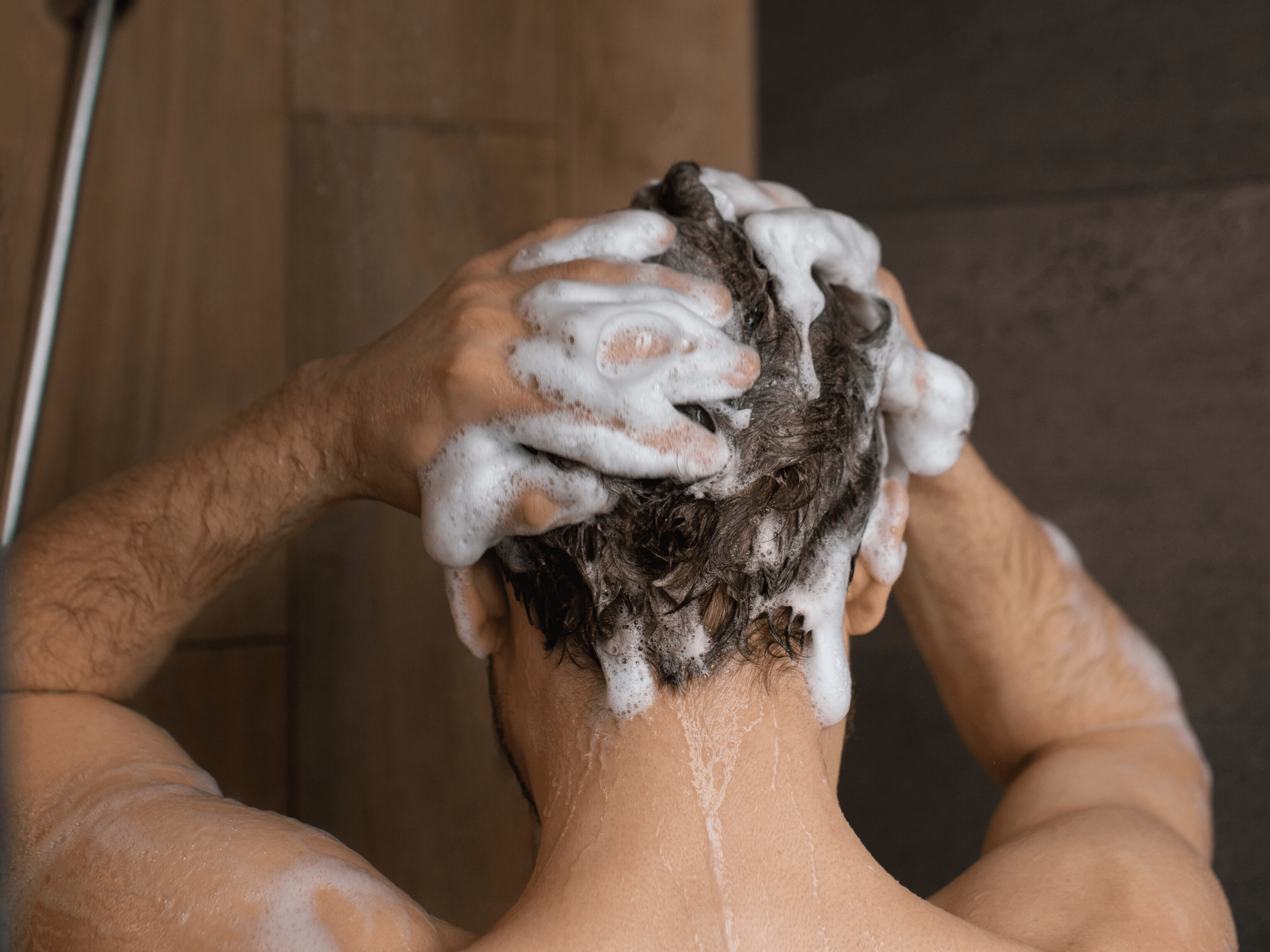
Unveiling the Impact on Your Hair
Hair Medical Restoration
Nowadays the market for shampoos and cleansers for hair is very wide, this leads us to investigate which one is the best. Sulfates, a common ingredient in many commercial shampoos, have long been a topic of debate among consumers and hair care experts. Studies have been done on the different ingredients present in shampoos, it is important to take this into account when making a decision. These chemicals, such as sodium lauryl sulfate and sodium laureth sulfate, are used to create the rich lather that many associate with effective cleaning. However, the consequences of using shampoos containing sulfates can be less than desirable, leading to various issues for both hair and the environment.
Hair Damage and Dryness
One of the primary consequences of sulfate-based shampoos is their potential to strip the natural oils from your hair and scalp. It's very common as well as washing hair that is not daily, which is not a recommended practice. Sulfates are powerful surfactants that remove dirt and oil efficiently but can be overly harsh. This stripping effect can lead to dry, brittle hair, causing frizz and breakage. Over time, consistent use of sulfate shampoos may result in hair that appears dull and lifeless.
Scalp Irritation
Sulfates can also be irritating to the scalp. If you have a sensitive scalp, you may experience redness, itching, or even dandruff when using shampoos containing these chemicals. The harsh cleansing action of sulfates can disrupt the scalp's natural balance, leading to discomfort and an increased risk of skin issues. In these cases it is important to have an evaluation by a hair professional, since these recurrent conditions can be due to another disease, at HMR we have all the tools to lead to a diagnosis, from this make a recommendation on the products that should be avoided.
Color Fading
For those who color their hair, sulfate-based shampoos can be particularly detrimental. The harsh chemicals can strip away color molecules from the hair shaft, leading to faster fading and the need for more frequent touch-ups. This can result in increased hair maintenance costs and potential hair damage due to more frequent coloring.Continuous exposure to these chemicals found in hair dyes and shampoos can result in permanent damage to the hair, leading to thinning and hair loss. The recommendation is to take some time from how often to apply the dyes or evaluate organic products.
Environmental Impact
Aside from the effects on your hair and scalp, sulfate-based shampoos can harm the environment. When these chemicals are washed down the drain, they can end up in rivers and oceans, causing water pollution. Sulfates do not readily break down and can negatively impact aquatic life and ecosystems.
Choosing Sulfate-Free Alternatives
To mitigate these consequences, many people are turning to sulfate-free shampoos. These products are formulated to provide effective cleansing without the harsh side effects of sulfates.It is important to compare the products we find in stores, pay attention to the ingredients that are present and if you have any doubts, contact a medical specialist. They are generally milder on the hair and scalp, making them a more suitable choice for those with sensitive skin or hair that requires special care, such as color-treated or curly hair.
At Hair Medical Restoration, in collaboration with Dr. Jorge Cortez, we offer both online and in-person consultations. These consultations are dedicated to assessing your specific case and needs. Our experts will conduct a comprehensive analysis, taking into account your individual circumstances, and provide personalized guidance based on your expectations and experiences.
While sulfate-based shampoos can effectively clean the hair, they come with several potential consequences, including hair damage, scalp irritation, color fading, and environmental concerns. Choosing sulfate-free alternatives may be a better choice for those looking to maintain healthy, beautiful hair while minimizing the negative impacts on their well-being and the planet. If you have any questions, contact us for a personalized consultation, evaluating the type of skin and risk factors that could be causing this type of hair affectation.



